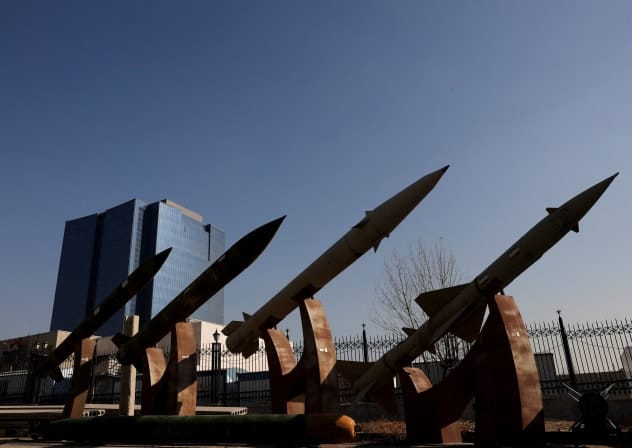Amazon's cloud unit reports fire after objects hit UAE data center
Amazon's AWS temporarily shut down its data center in the UAE after objects struck the facility, triggering sparks and a fire. The incident comes amid Iran's retaliatory strikes across the Gulf.













